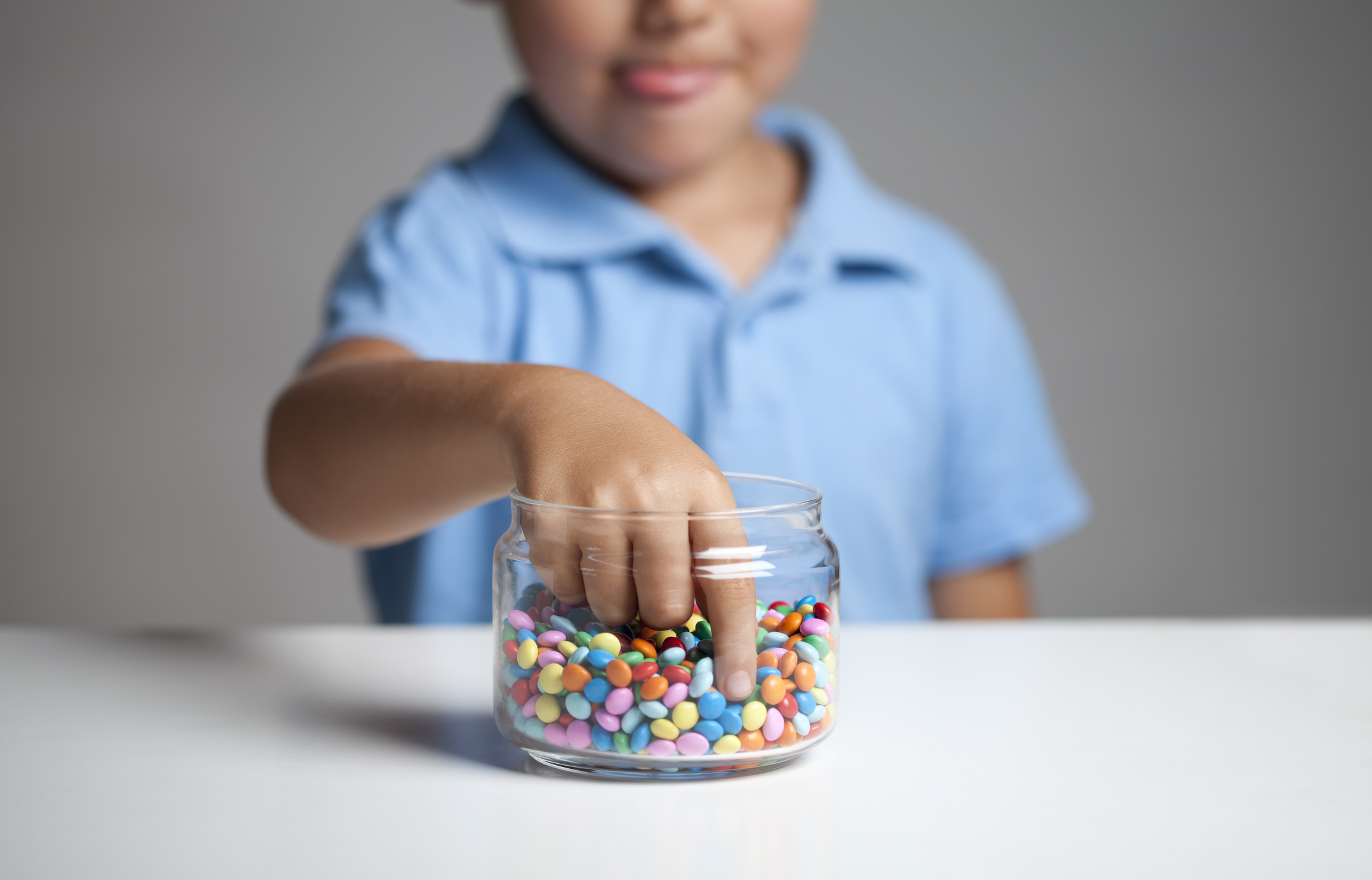Sometimes the world of imaginative play involves kids pretending to be eagles soaring in the sky. Or they might relate to characters on Encanto who possess special gifts. Or they could do things that remind us of the habits of certain animals.
One mom wrote in to Slate’s "Care and Feeding" column looking for some advice on her 4-year-old who’s been habitually hiding various snacks and treats around his room, a habit that reminded her of the actions of raccoons.
The mom wrote in asking for advice on how to prevent her 4-year-old son from stashing food around his room.
She notes that her son has “always been a bit of a raccoon,” and they’ve even had to think outside the box and install a lock on the outside of the pantry door, which didn’t deter him for long as he’s learned to unlock it as he’s gotten older.
But, adds the mom, “his hiding skills are rapidly improving.”
Her son is prone to hide holiday candy and whole containers full of family treats.
The mom admits that her son is not interested in stashing fruits and vegetables in his room and his siblings have taken notice.
“His sister ratted him out for his stash of Easter candy and a Tupperware container of brownies that had gone missing earlier in the week,” she wrote. He was even asked point blank about stashing brownies and he lied about them, which she feels makes the situation an “extra bummer.”
As a concerned mother, she worries about her son developing "future food issues."
When asked about all of the stashed sweets in his room her son admitted that he needed them for his “midnight snacks,” and she’s not sure where he’s picked up this notion because the adults in the home aren’t midnight snackers themselves.
Ultimately, she worries about how hiding food and private food consumption habits of unhealthy sugary treats might impact his behaviors with food down the line and “all of the cavities they are going to find at his next dentist appointment!”
The "Care and Feeding" expert encouraged the parent to pause and think about why her son might feel the need to hide these snacks in the first place.

Children are sponges that pick up on anything and everything, often quite inadvertently. One thing the letter writer was advised was to ask herself why her son “doesn’t feel comfortable sharing the truth.”
And if it was possible that she may have put the idea in his head that “brownies are sacred and unattainable so he feels he must hoard, or that you have overly glorified their specialness, leading to fixation.”
If sugary treats are considered a taboo snack, it may be time to stop buying them altogether.
The expert also noted that children “have a natural interest in exploration and discovery that should be nurtured,” so, in general, they are going to pull out things, even from the locked pantry cupboard, and discover what it is they like or what feels good to them, even in a mischievous way.
Ultimately though, it can be helpful to put food items like brownies out of “access” from little hands and fingers or just “not have them in the house at all,” added the expert.
The column's expert also added that it could be helpful to introduce a healthy bedtime snack to ensure the child goes to bed feeling satisfied.
He notes that there really shouldn’t be anything wrong with a bedtime snack due to their ever-growing bodies and the fact that “it’s tough for very young children to sit and focus on eating.” But nighttime is really for resting the body and getting it ready to take on whatever tomorrow has in store.
The expert also notes that it could be helpful to this child in particular to introduce “a (not-too-sweet) bedtime snack to be sure they’re going to bed full.”
The parents may also want to explain which snacks are appropriate for the snack stash.
Parents want their children to grow up to be healthy adults and part of that comes from a healthy diet filled with a diverse selection of nutritious foods.
The column's expert notes that variety is key here, especially if their son’s eyes continually go to the chocolatey treats and how it’s important to let him know that “the snack stash needs to have a diversity of foods and not only sugars that are really best for quick energy.”
All in all, added the expert, it can be helpful to accept this kind of development and find encouraging ways to help them find their way. It’s key to open those lines of communication because “getting the child to communicate honestly with you is the most important thing."




